Research Theme
Home › Research Themes › Tissue-Specific Carcinogenesis
Theme Leads
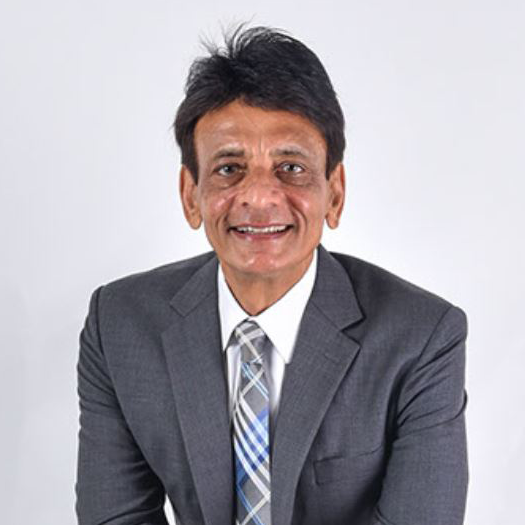
Prof Shazib PERVAIZ
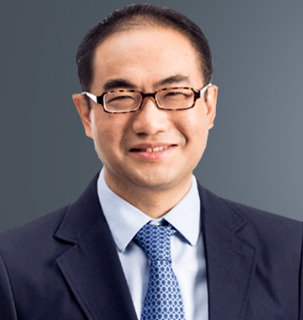
A/Prof TAN Shao Peng, David
Theme Members - Primary
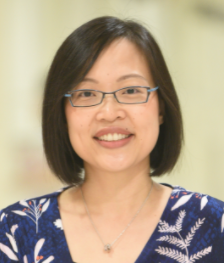
A/Prof CHEE Cheng Ean
Research interest is in precision oncology in colorectal, pancreas and liver cancers. I develop and conduct clinical trials with novel therapeutics and work with collaborators within and outside Singapore on translational and biomarker research in these areas. In addition, I am interested in healthcare delivery and personalizing care for our cancer survivors.
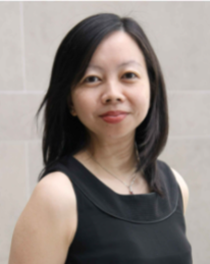
A/Prof CHEE Yen Lin
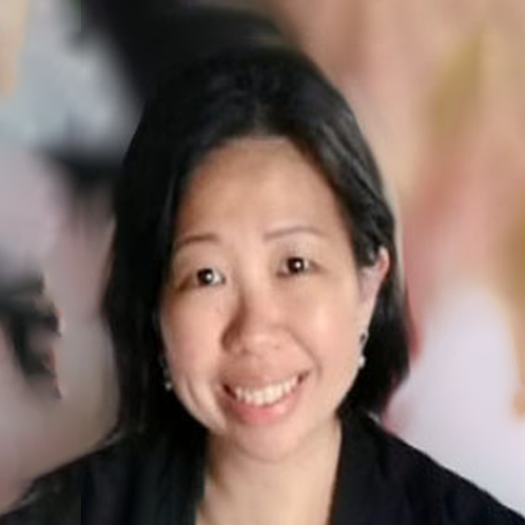
Dr CHEOK Chit Fang
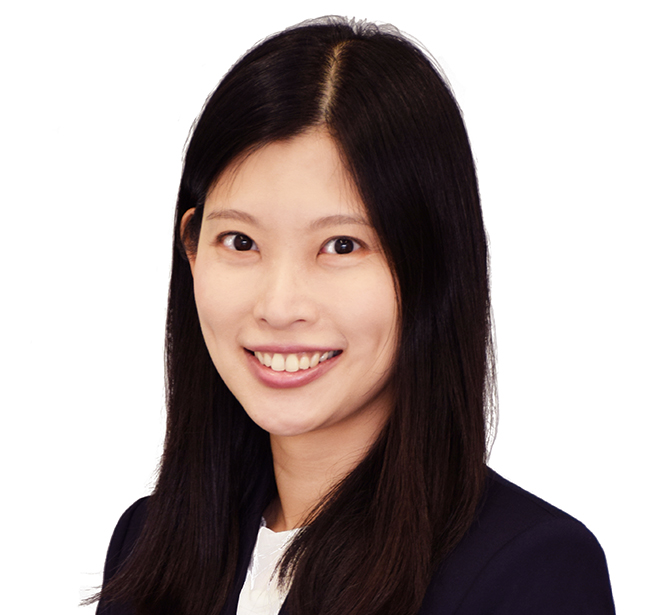
Dr CHIA Le Bin, Gloryn
Research focuses on developing novel immunotherapies that harness the immune system to target tumors, with a particular emphasis on neoantigens. These neoantigens, which arise from tumor-specific mutations, represent a distinct class of antigens recognized by T cells, making them promising targets for precision cancer therapies. By identifying and characterizing these neoantigens, the aim is to develop personalized cancer vaccines and T cell-based therapies that improve the immune system’s capacity to recognize and eliminate tumors.
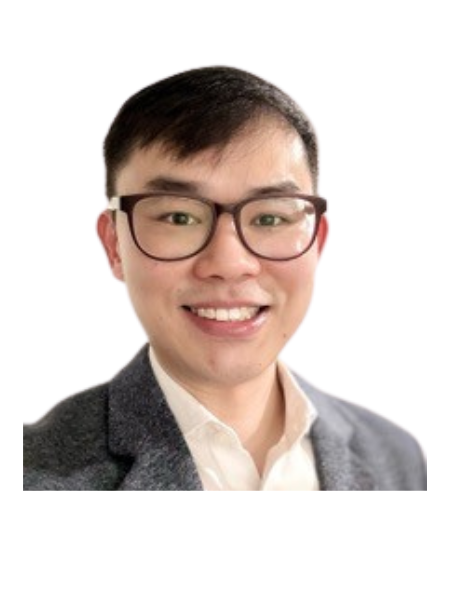
Dr CHONG Jun Fei, Stephen
Research interests are to unravel drug resistance mechanisms involving the BCL-2 family proteins, kinase and phosphatase, and redox and mitochondrial metabolism as well as to identify actionable targets using functional precision medicine techniques in hematologic and lung malignancies.

A/Prof DENG Lih Wen
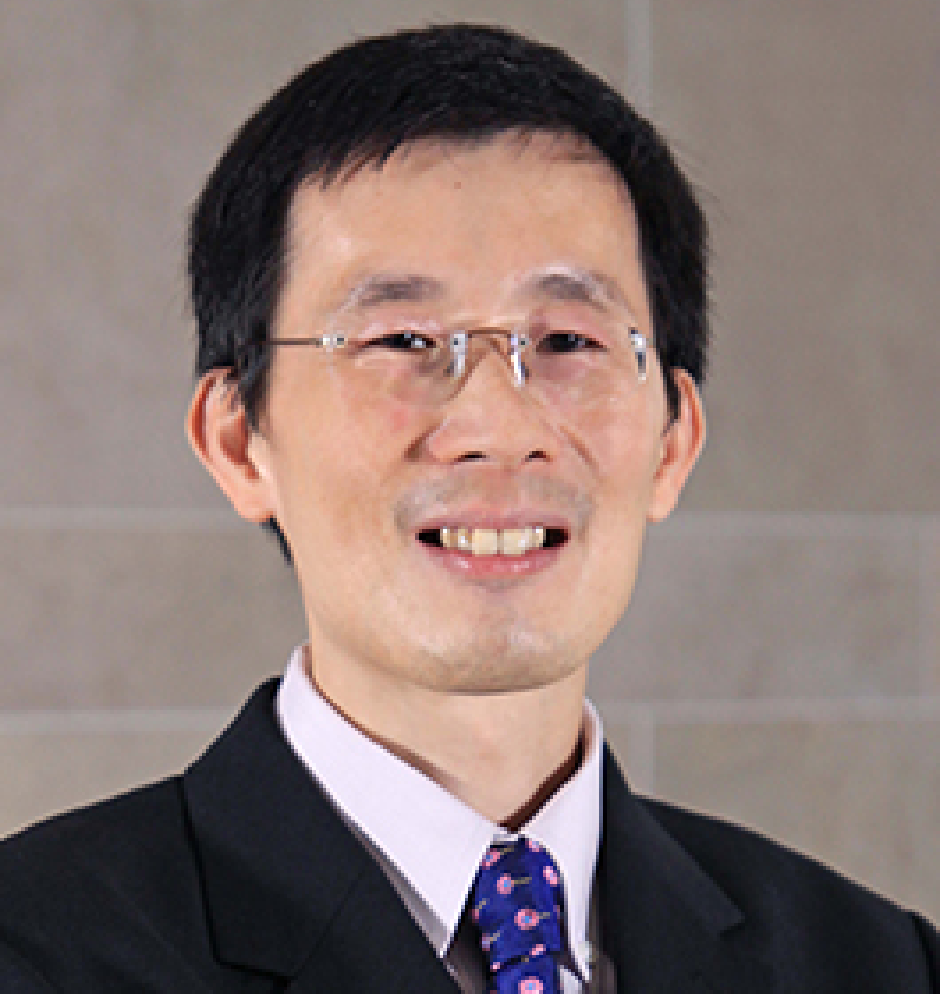
Prof GOH Boon Cher
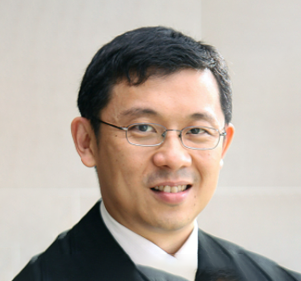
Prof KOH Liang Piu
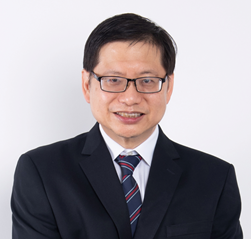
A/Prof LEE Kwan Min, Victor
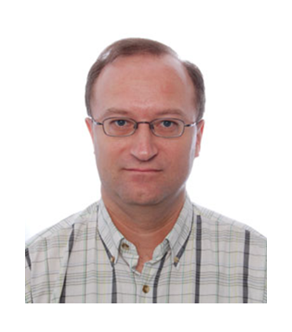
A/Prof Norbert LEHMING

Dr LEONG Sai Mun
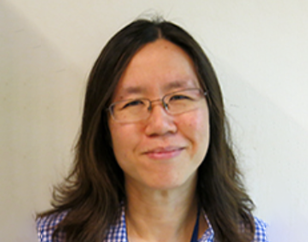
A/Prof LIM Gkeok Stzuan, Diana
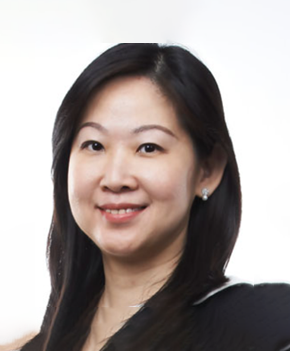
A/Prof NG Siok Bian
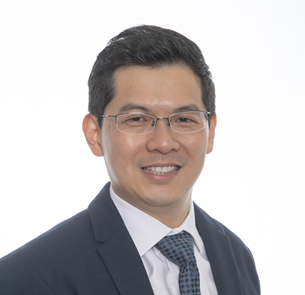
Dr ONG Sek Tong, Derrick
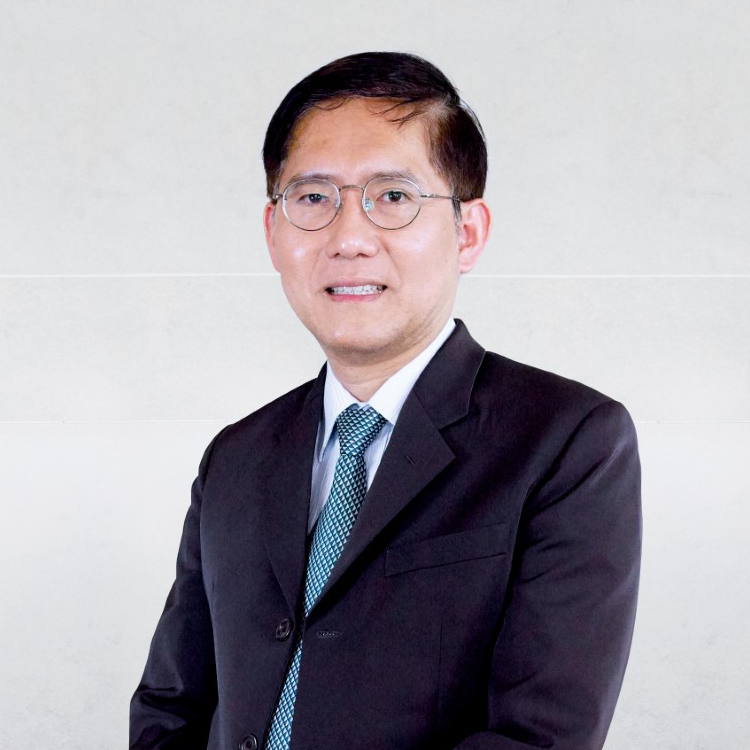
A/Prof TAN Soo Yong
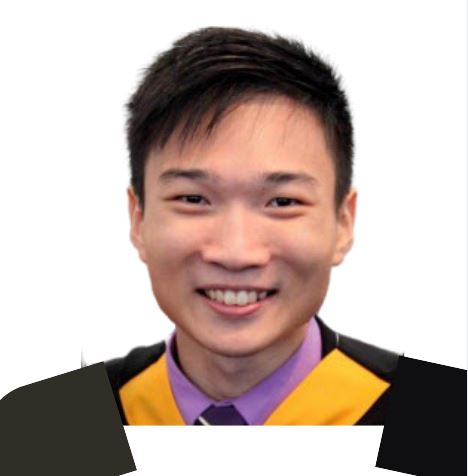
Dr TAN Yong Zi
Research focus is on using and developing methods in single particle cryogenic electron microscopy (cryo-EM) to solve structures of membrane proteins implicated in various cancers.
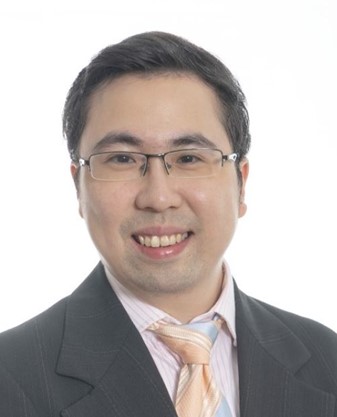
Dr TEE Wee Wei
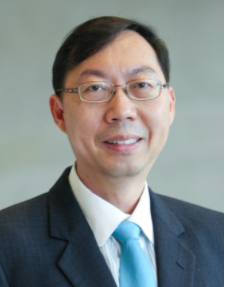
Dr WONG Lea Choung
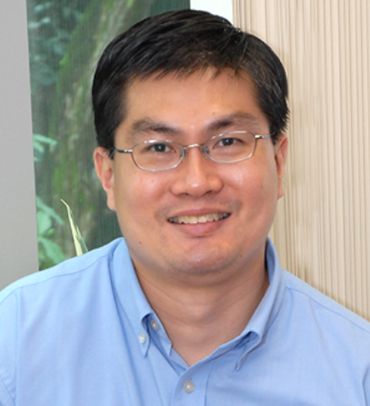
Dr WONG Soon Boon, Justin
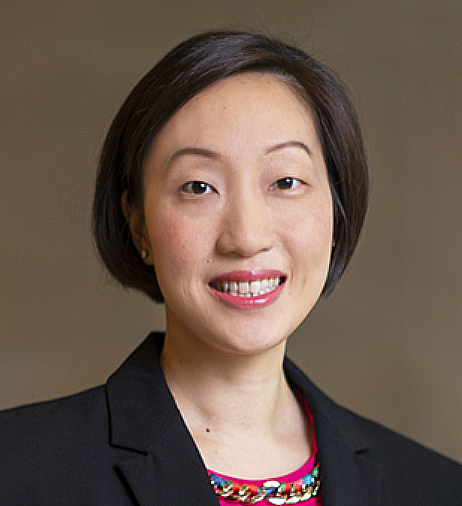
Dr WONG Li Ann, Andrea
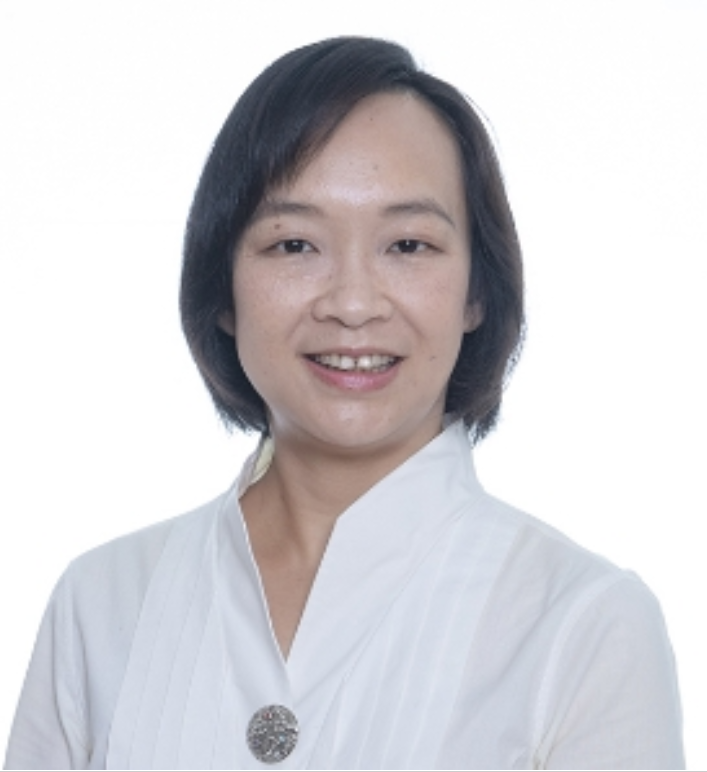
A/Prof YAP Suen Mei, Celestial
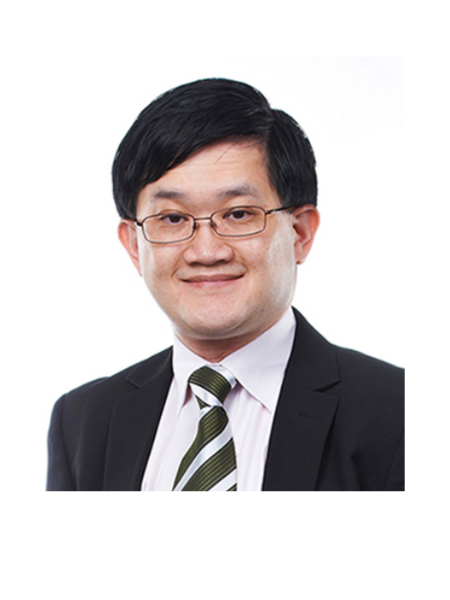
A/Prof YIP Wai Cheong, George

Dr WONG Li Ann, Andrea

